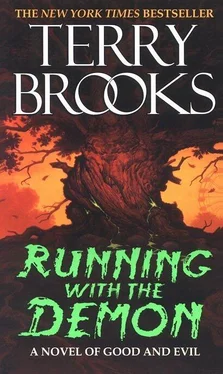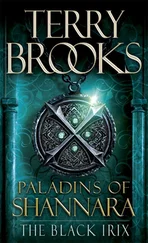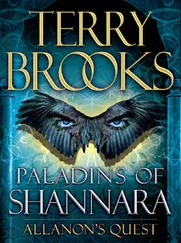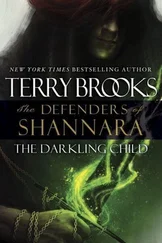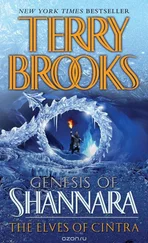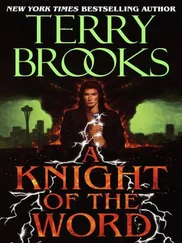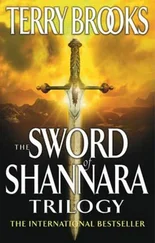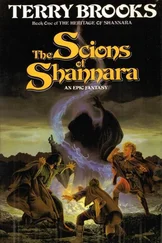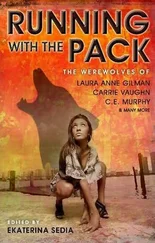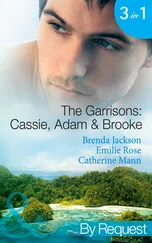a long time, finding that it helped him relax. He thought always of Evelyn. He glanced over at the kitchen table more than once, picturing her there, her bourbon and water in front of her, her cigarette in hand, her face turned away from the light, her eyes distant. What had she been thinking, all those times she'd sat there? Had she been remembering her childhood in the little cottage several houses down? Had she been thinking of Nest? Of Caitlin? Of him? Had she been wishing that her life had turned out differently, that she had done more with it? Had she been thinking of missed chances and lost dreams? His smile was sad. He regretted now that he had never asked.
He finished the dishes, dried them, and put them away. He glanced around, suddenly lost. The house was alive with memories of his life with Evelyn. He walked into the living room and stood looking at the fireplace, at the pictures on the mantel, at the place in the corner by the bowed window where the Christmas tree always sat. The memories swirled around him, some distant and faded, some as new and sharp as the grief from her loss. He moved to the couch and sat down. Tomorrow his friends would gather at Josie's for coffee and doughnuts, and in his absence they would talk of Evelyn in the same way they had talked of that postal worker in the gorilla suit or the fellow who killed all those children. They would not do so maliciously, but because they had thought her curious and now found her death somehow threatening. After all, she had died here, in Hopewell–not in some other town in some other state. She had died here, where they lived, and she was someone they knew. Yes, she was odd, and it wasn't really any surprise that she had died of a heart attack blasting away at shadows with a shotgun, because Evelyn Freemark had done stranger things. But in the back of their minds was the conviction that she really wasn't so different than they were, and that if it could happen to her, it could happen to them. Truth was, you shared an uneasy sense of kinship with even the most unfortunate, disaffected souls; you felt you had known at least a few of them during your life. You had all been children together, with children's hopes and dreams. The dark future that had claimed those few was never more than an arm's
length away from everyone else. You knew that. You knew that a single misfortune could change your life forever, that you were vulnerable, and to protect yourself you wanted to know everything you could about why it had touched another and passed you by.
Old Bob listened to the silence and let the parade of memories march away into the darkness. My God, he was going to miss her.
After a time his thoughts wandered to the call he had received earlier from Mel Riorden. Mel and Carol had been by that morning to offer condolences, promising they would have him over for dinner after the funeral, when he was feeling up to it. Old Bob had taken their hands, an awkward ritual between long–standing friends where something profound had changed their lives and left them insufficient words to convey their understanding of what it meant. Later Mel had called on the phone, keeping his voice down, telling Old Bob that there was something he ought to know. Seemed that Derry had called him up out of the blue and apologized for scaring him with his talk about MidCon. Said he really hadn't meant anything by it. i Said he was just blowing off steam, and that whatever the union decided was good enough for him. Said he wanted to know if he could go to the fireworks with Mel and Carol and some of the others and sit with them. Mel paused every so often to make sure Old Bob was still listening, his voice sounding hopeful. Maybe he was mistaken about his nephew, he concluded tentatively. Maybe the boy was showing some common sense after all. He just wanted Old Bob to know.
When Mel hung up, Old Bob stood looking at the phone, wondering if he believed any of it and if it made any difference if he did. Then he dropped the matter, going about the business of his own life, of finishing the funeral preparations and worrying about Nest. But now the matter surfaced anew in his thoughts, and he found himself taking a fresh look at it. Truth was, it just didn't feel right. It didn't sound like Derry Howe. He didn't think that boy would change in a million years, let alone in twenty–four hours. But maybe he was being unfair. People did change–even people you didn't think would ever be any different from what they'd been all their lives. It happened.
He drummed his fingers on the arm of the couch, staring off into space. Going to the fireworks with Mel and Carol, was he? That was a first. Where was his buddy, Junior El way, that he'd opted for an evening out with the old folks?
He got up from the sofa and went into the kitchen to fish around in the packed–out refrigerator for a can of root beer. When he found it, he popped the top and carried it back into the living room and sat down again.
Fireworks. The word kept digging at him, suggesting something different from the obvious, something he couldn't quite grasp. Hadn't he and Deny talked about fireworks yesterday, when he had approached the boy about what sort of mischief he might be planning? Deny Howe, the Vietnam vet, the demolitions expert, talking about playing with matches in a pile of fireworks, about how fireworks were touchy if you didn't know what you were doing, that they could cause accidents…
He sat up straight. What was it Deny had said? I'm going to give MidCon a Fourth of July to remember. But more, something else, something personal. A warning. Stay home on the Fourth. Keep away from the fireworks.
Old Bob set the can of root beer down on the coffee table, barely aware of What he was doing, his mind racing. What he was thinking was ridiculous. It didn't make any sense. What would Deny Howe gain by sabotaging the Fourth of July fireworks? How would that have any effect on MidCon Steel? He looked the possibilities over without finding anything new. There didn't seem to be any connection.
Then something occurred to him, and he got to his feet quickly and walked out onto the screened porch where he kept the old newspapers. He bent down and began to go through them. Most were old Chicago Tribunes, but there were a few Hopewell Gazettes among them. Friday's had gone out with the trash, he remembered, used to wrap the garbage. He found the one from Thursday, pulled it out, and went through it quickly, searching. There was nothing on the Fourth of July.
But he seemed to remember seeing something, a big ad of some kind. He wished he had paid better attention, but it had been years since he had concerned himself with what went on in the park over the Fourth. The fireworks were all Evelyn and he had ever cared about, and you knew without having to ask when to be there for them.
He tossed the Thursday paper aside, wondering what had become of the Saturday–morning edition. He went down the hall to his den and looked for it there, but couldn't find it. He stood motionless for a moment, trying to think what he had done with it. Then he walked back to the kitchen. He found the Saturday paper sitting on the counter under several of the casseroles he had set aside for the church. He extracted it gingerly, spread it out on the table, and began to scan its pages.
He found what he was looking for right away. The Jaycees had inserted a flyer for the Sunday‑Monday events in Sinnis–sippi Park, admission free, everyone welcome. Games, food, and fun. The events culminated on Monday, the Fourth, with fireworks at sunset. This year, the flyer proclaimed in bold letters, the fireworks were being sponsored and paid for by MidCon Steel.
For long moments, Old Bob just stared at the flyer, not quite trusting himself. He must be wrong about this, he kept thinking. But it was the way a guy like Deny Howe thought, wasn't it? Sabotage the fireworks sponsored by MidCon, maybe blow up a few people watching, cause a lot of hard feelings. But then what? Everybody blames MidCon? MidCon has to do something to regain favor, so it settles the strike? It was such a stretch that for a few seconds he dismissed his reasoning altogether. It was ludicrous! But Deny Howe wouldn't think so, would he? Old Bob felt a cold spot settling deep in his chest. No, not Deny.
Читать дальше
